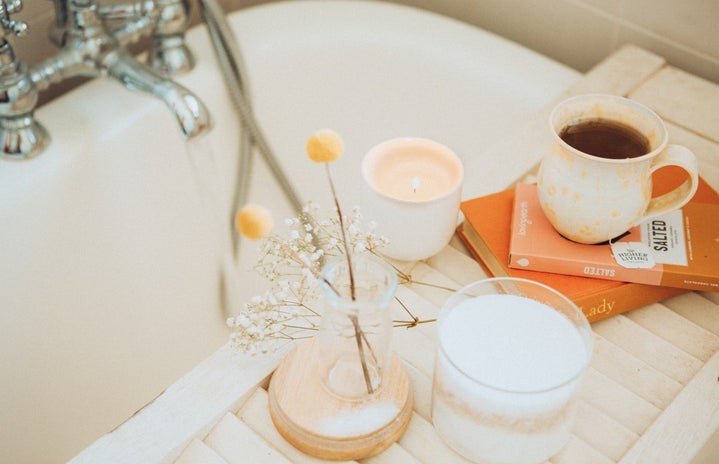To this day, I will always be bothered by how ruthless the Internet was to Emma Chamberlain when she said she hadn’t showered for a week. This incident seemed to demonstrate multiple problems within the fabric of our society, but what really took me aback was the stigmatization of “bad hygiene.” It not only feels extremely strange to me that people feel the need to input their opinions about another individual’s personal habits, but also deeply concerns me to see how individuals who are falling behind on their hygiene are viewed.
As I’ve continued through the depths of college life, I’ve come to realize that hygiene is a lot more akin to a self-care practice than something that’s simply a part of day-to-day life. What seems like second nature is actually quite the opposite. Quite frankly, what makes it so daunting at times is the simplicity of it. It’s an easy task to push off on your list to make one less thing to worry about, but then eventually not doing it makes you feel even worse.

Self-care and personal hygiene are obviously important things to try and maintain, but learning that it is understandable to fall behind on it is completely okay as well. It makes it even more gratifying for the good weeks when you are able to maintain a steady routine and works to destigmatize “bad hygiene” for those who are dealing with mental illnesses that don’t physically allow them to keep up their own personal hygiene.
Hygiene is all-encompassing and could even span to things such as cleaning your room or folding your laundry. It’s important to acknowledge that it’s okay to feel like these things are hard, because they are! On some of my worst days, cleaning my room or taking a shower felt impossible, and it is nothing to be ashamed about.




